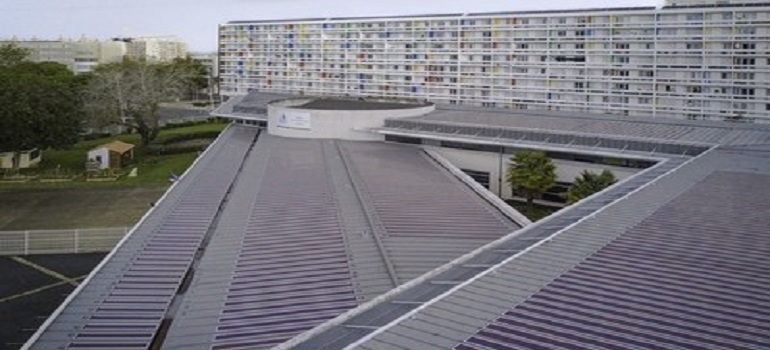
The rating agency ICRA in its new report revealed that India’s domestic solar capacity is expected to add about 5.5 gigawatt (GW) during the financial year 2020-21 (FY21) due to the execution headwinds amid lockdown restrictions post-COVID pandemic.
ICRA said that the domestic solar capacity addition in FY20 remained lower by 15 per cent than its previous estimate of about 7.5 GW as a result of various disruptions caused by the pandemic in the fourth quarter in the fiscal year.
Girishkumar Kadam, sector head and vice-president, ICRA said “The solar capacity addition during FY21 is expected to come down further by 15 per cent to about 5.5 GW given the execution headwinds amid lockdown restrictions post COVID pandemic. This also assumes the execution delays by about four to five months for many of the under-construction projects and expected normalcy in construction activity during the second half of the current fiscal.”
He added that, however, the backlog of the awarded project pipeline continued to remain strong with more than 15 GW of aggregate project capacity providing a visibility on capacity addition over the next two-year period.
The supply chain disruptions and lockdown restrictions have added to the woes of the sector which continues to remain plagued by various issues such as delays in land acquisition, receipt of evacuation approvals, regulatory delays in tariff adoption, and obtaining financial closure in a tight financing environment, said the rating agency.
“With the dip in demand post-lockdown due to the pandemic, revenues and cash flows of the state-owned distribution utilities have been affected leading to an increase in the counterparty credit risk for the sector,” ICRA said.
It added that receivable cycles from Andhra Pradesh, Telangana, and Tamil Nadu remained severely stretched at 10-12 months impacting the overall liquidity position of developers.
“Further, timely resolution of tariff issue, which is still pending at state electricity regulatory commission and divisional bench of High Court in Andhra Pradesh, for the independent power producers in Andhra Pradesh remains extremely crucial for the renewable energy sector,” said Manasa Gopidi, assistant vice-president, ICRA.
However, ICRA said that the liquidity relief scheme notified in May 2020 for the state-owned distribution utilities has been a positive short-term measure which would benefit the IPPs impacted by the long delays in receiving payments from the discoms.
But, there has been limited progress so far and hence, timely implementation for this scheme remains important, it added.

